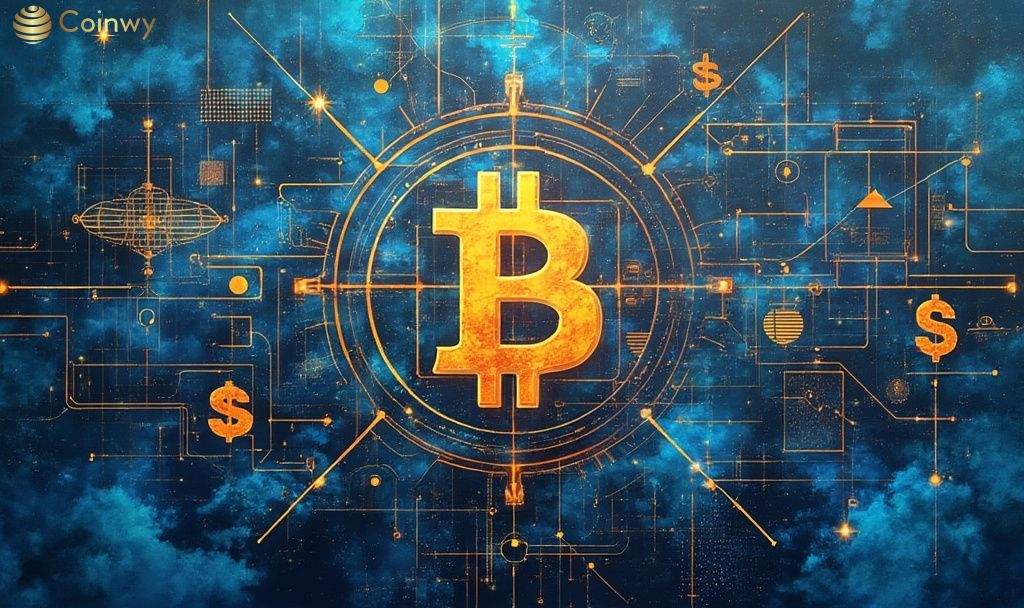- BlackRock files for blockchain digital shares with BNY Mellon’s help.
- Targeting institutional investors, not retail market.
- No direct impact on cryptocurrencies or public blockchains noted.
BlackRock has filed to introduce blockchain-powered digital shares for its $150 billion Treasury Trust fund, in collaboration with BNY Mellon as the custodian. The initiative filed with the SEC seeks to modernize record-keeping and transaction processes.
The initiative reflects BlackRock’s ongoing commitment to integrating blockchain technology, highlighting potential advancements in transparency and transaction efficiency. The market has viewed it as an incremental modernization effort rather than a disruptive shift.
BlackRock is leading a new blockchain initiative within its Treasury Trust fund. In conjunction with BNY Mellon, they plan to implement digital share classes, using blockchain technology to enhance ownership transparency. BlackRock emphasizes that the move does not involve investing directly in cryptocurrencies. The $150 billion fund aims to improve transaction efficiency and record-keeping.
“DLT Shares may also be purchased by BlackRock Advisors, LLC or its affiliates. Although the Fund does not currently employ blockchain technology or invest in crypto assets, DLT Shares are expected to be purchased and held through BNY, which intends to use blockchain technology to maintain a mirror record of share ownership for its customers.” – Official SEC Filing, U.S. SEC (Source)
Initially targeting institutions, it excludes retail investors. It is a blockchain-powered modernization without direct crypto asset involvement, maintaining the ethos of traditional finance.
The strategic venture seeks to modernize processes using blockchain. This potentially boosts trust in traditional asset management. However, there’s no intent to include cryptocurrencies within this pipeline. BNY Mellon’s involvement may bolster institutional confidence in emerging technologies. Financial markets have noted a small shift within traditional finance as blockchain’s role expands. Expect a positive response from traditional investors attracted by enhanced transparency, even though this doesn’t affect DeFi or crypto ecosystems.
Some observers expect few changes in regulatory landscapes or technological mandates immediately. While not a transformative financial tool, further tokenization in finance could surface. Adding blockchain may encourage further adoption among traditional assets.






